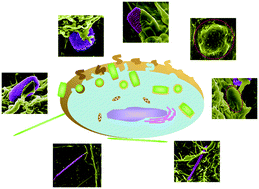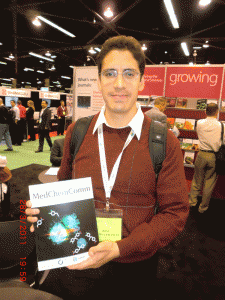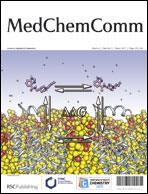Take a look at MedChemComm‘s most cited articles so far. As with all of our articles, you can enjoy free access to these for the remainder of 2011:
Chemical space as a source for new drugs
Jean-Louis Reymond, Ruud van Deursen, Lorenz C. Blum and Lars Ruddigkeit
Med. Chem. Commun., 2010, 1, 30-38
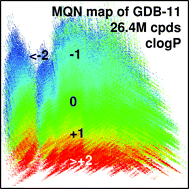
Design, synthesis, and structure–activity relationships of indole-3-carboxamides as novel water soluble cannabinoid CB1 receptor agonists
Julia M. Adam, Jim Cairns, Wilson Caulfield, Phillip Cowley, Iain Cumming, Morag Easson, Darren Edwards, Morag Ferguson, Richard Goodwin, Fiona Jeremiah, Takao Kiyoi, Ashvin Mistry, Elizabeth Moir, Richard Morphy, Jason Tierney, Mark York, James Baker, Jean E. Cottney, Andrea K. Houghton, Paul J. Westwood and Glenn Walker
Med. Chem. Commun., 2010, 1, 54-60
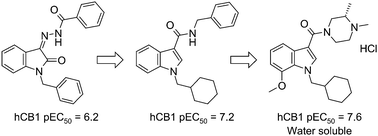
Silver nanoparticles—the real “silver bullet” in clinical medicine?
Kenneth K. Y. Wong and Xuelai Liu
Med. Chem. Commun., 2010, 1, 125-131
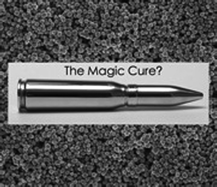
Cytotoxic sugar analogues of an optimized novobiocin scaffold
Alison C. Donnelly, Huiping Zhao, Bhaskar Reddy Kusuma and Brian S. J. Blagg
Med. Chem. Commun., 2010, 1, 165-170

Photografted poly(methyl methacrylate)-based high performance protein microarray for hepatitis B virus biomarker detection in human serum
Yingshuai Liu, Weihua Hu, Zhisong Lu and Chang Ming Li
Med. Chem. Commun., 2010, 1, 132-135
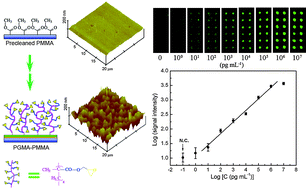
Discovery of the highly potent PI3K/mTOR dual inhibitor PF-04691502 through structure based drug design
Hengmiao Cheng, Shubha Bagrodia, Simon Bailey, Martin Edwards, Jacqui Hoffman, Qiyue Hu, Robert Kania, Daniel R. Knighton, Matthew A. Marx, Sacha Ninkovic, Shaoxian Sun and Eric Zhang
Med. Chem. Commun., 2010, 1, 139-144
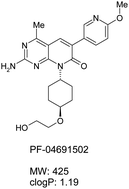
Effect of particle shape on phagocytosis of CdTe quantum dot–cystine composites
Zhisong Lu, Yan Qiao, Xin Ting Zheng, Mary B. Chan-Park and Chang Ming Li
Med. Chem. Commun., 2010, 1, 84-86
